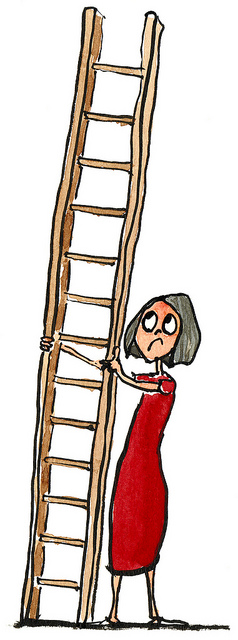What kind of leader do you want to be?

Who do you want to be?
What kind of leader are you? And what kind of leader do you want to be? What’s the style that gets you best results and feels right to you?
Leadership isn’t just a mechanical process. It’s not a series of steps or something you can learn from a manual. On the contrary it’s very much about who you are, the choices you make, your personal style, the way you relate to people around you and your place in your organisational system.
Leadership is about who you are
Who you are – what and who you believe to be important, what energises you, what motivates you at a deep level, the personal experiences you’ve come from, and how you’ve translated them into what’s meaningful for you: all this shapes the kind of leader you are. If you believe process and facts to be a priority, you’ll make different choices from a leader who believes people’s feelings and sense of belonging are a priority. If being popular matters to you you’ll make different decisions from a leader who takes a competitive approach.
Translating past experiences into present style
How you relate to the experiences of your past and the creation of your present fundamentally influences who you are as a leader. From your past you’ll have learnt not only what makes a good leader in your context but also what behaviours are the ‘right’ behaviours and whose opinion matters: we all grew up in environments where certain behaviours attracted approval and positive feedback, and other behaviours meant either we wouldn’t get positive attention or we might have been ignored altogether.
Maybe in your family it was expected that a younger sibling shouldn’t be especially respected, hard work was praised, and getting things wrong was frowned on. These expectations translate themselves into leadership behaviours: the degree of respect for junior people, the importance you attach to learning, the place of collaborative or autocratic decision-making, your capacity to envision and communicate a bold future.
Decisions, attitudes and beliefs
And maybe you’ve decided – consciously or unconsciously – that you definitely do, or definitely don’t, want to replicate the attitudes and beliefs of a role model or someone else close to you.
The beliefs and attitudes, and even the assumptions, that you’re loyal to, both knowingly and unknowingly, shape your leadership style.
Your purpose – and the deal you expect
You may be unclear – or you may be crystal clear – about your driving purpose. Your purpose and the values that underpin it will account for where you aim for in the leadership of your team.
So too will your expectations of the balance between what you give in your career and what you’ll get in return, to whom you give and from whom you receive, the way you communicate your message and how you interpret the messages that come back.
A clearer view after a break
When you return to work after a break – the Christmas and New Year holidays and the summer holidays are the most obvious examples – your mind is likely to be fresher and you’re more likely to take a more balanced perspective than when you’re in the thick of the pressure and imperatives that govern everyday normal life.
What messages have bubbled to the surface for you, and what steps are you now taking to act on those messages, to become the kind of leader you want to be and to shape the career you really want?
Photo by Frits Ahlefeldt-Laurvig via Compfight


